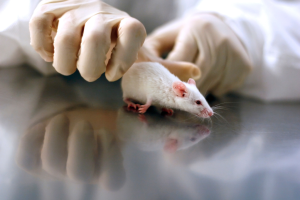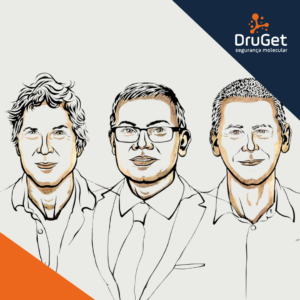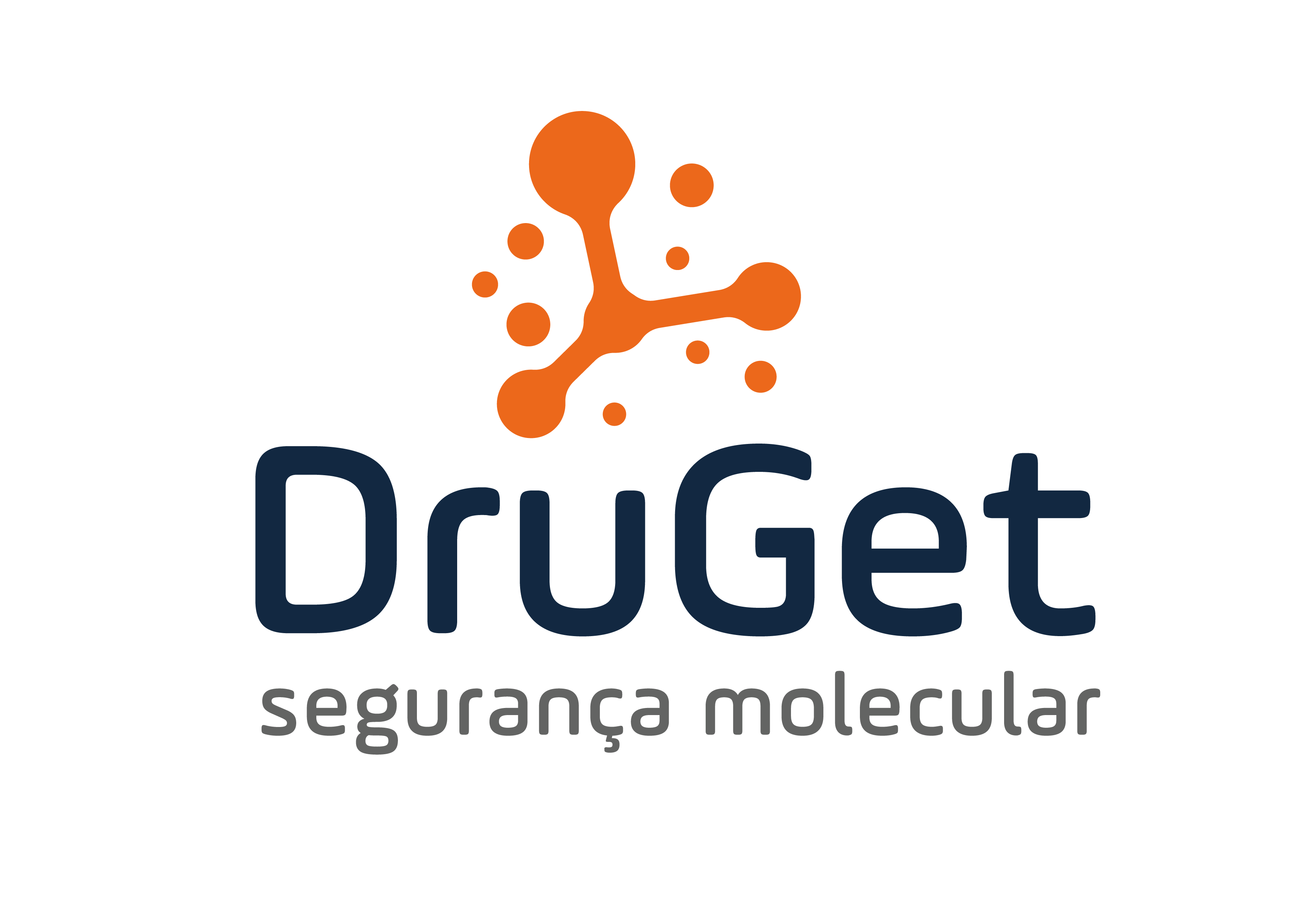Today, the integration of research and development (R&D) with sustainability is no longer just a trend; it has become a crucial necessity for companies across all sectors. With the increasing environmental awareness and pressure from regulatory bodies and civil society, adopting practices that minimize environmental impact is a requirement. In this context, alternative methods, especially computational analyses, stand out as effective solutions to replace animal testing, promoting sustainability without compromising innovation.
The Need for Alternative Methods in Product Development
Historically, many R&D processes relied on animal testing to ensure the safety and efficacy of products. However, these methods not only raise ethical concerns but can also be inaccurate due to biological differences between species. Therefore, implementing alternative methods is vital to reduce the use of animals, respect animal welfare, and contribute to biodiversity.
The Role of Computational Analyses as an Alternative Method
Among the available alternatives, computational analyses stand out as a promising solution. In silico modeling allows for simulating biological interactions and predicting the efficacy of chemical compounds without the need for animal testing. These models are not only more sustainable but also mimic the complexity of human organisms, providing results closer to reality while reducing environmental impact, such as resource usage and waste generation.
Benefits of Computational Analyses: Sustainability, Efficiency, and Cost Reduction
In addition to promoting more sustainable research, computational analyses offer significant advantages in terms of time and cost. Traditional tests can be time-consuming and expensive, while computational models provide a quicker, more cost-effective solution, improving operational efficiency and reducing long-term costs.
Challenges and Advances in Validating Alternative Methods
Despite the advantages, there are still regulatory and cultural challenges to adopting alternative methods, especially in regions where traditional practices prevail. However, advances in the validation of these methods, such as those recognized by the National Council for the Control of Animal Experimentation (CONCEA) in Brazil, indicate a promising path. Ongoing dialogue between regulatory agencies, scientists, and society is essential to strengthen the implementation of more sustainable practices.
The Sustainable Future of Research and Development
The shift to sustainable practices in R&D, particularly through the adoption of alternative methods like computational analyses, represents an ethical choice and a smart strategy for companies looking to innovate in a competitive market. By integrating these methods, organizations not only contribute to environmental responsibility but also ensure the longevity of their operations in an increasingly conscious economic context.
Innovation, respect for animal welfare, and environmental responsibility will be key to a more sustainable future in research and development.
Follow our blog for more information on how to integrate sustainability and innovations into your research!








